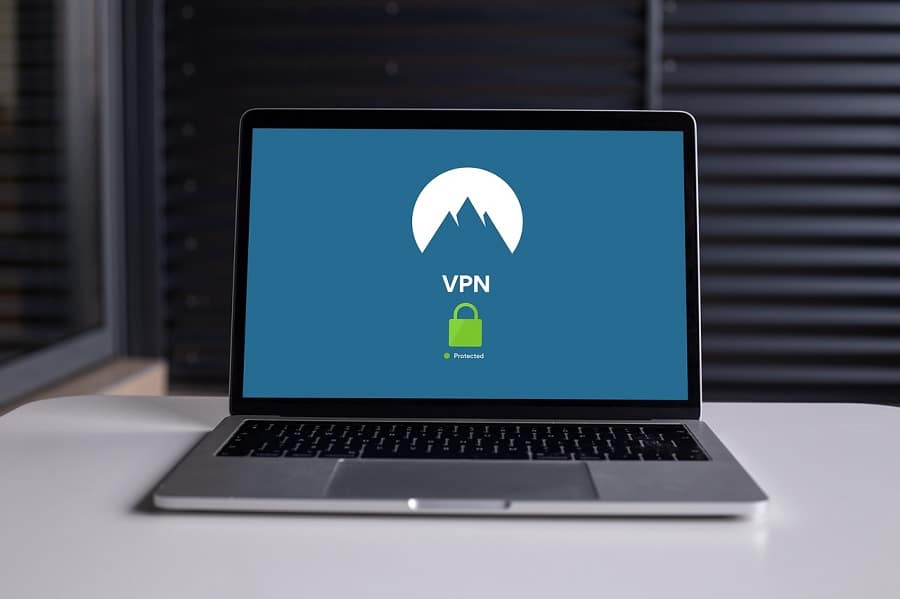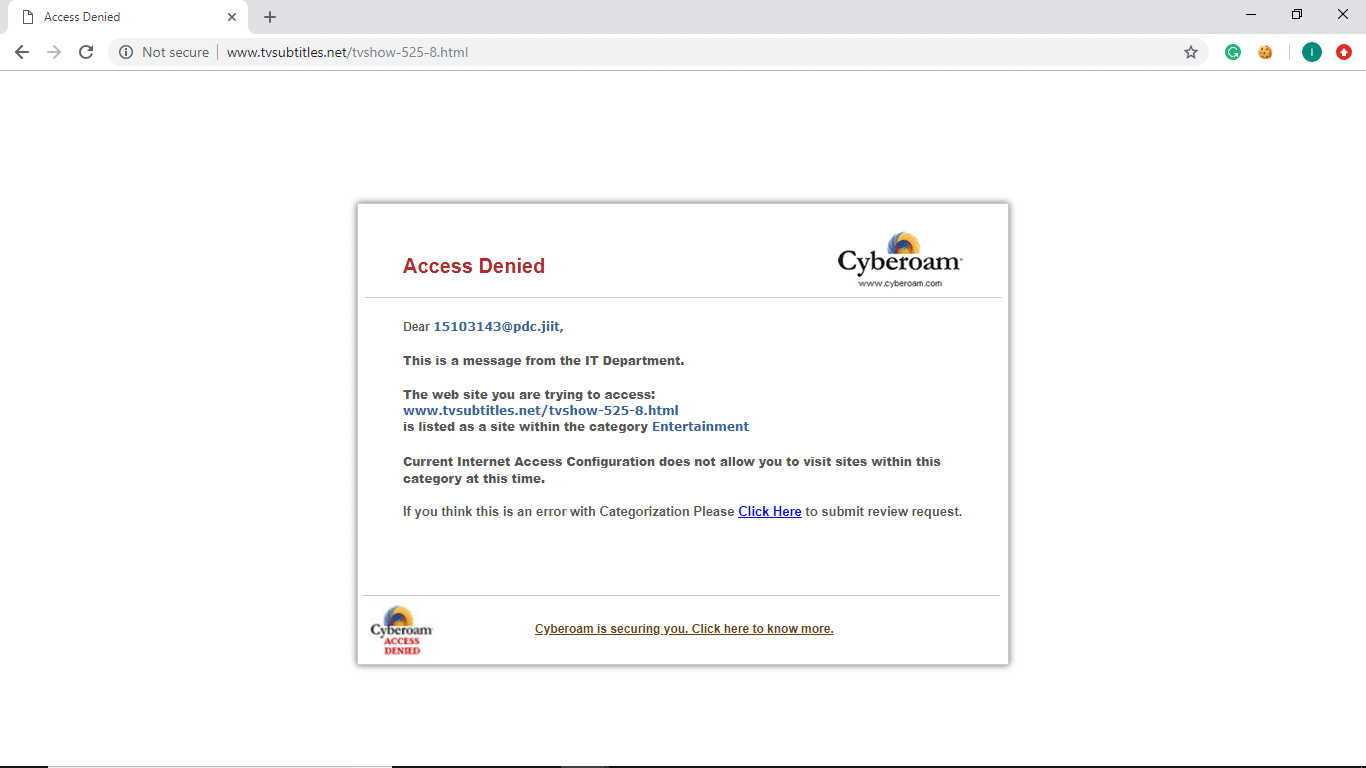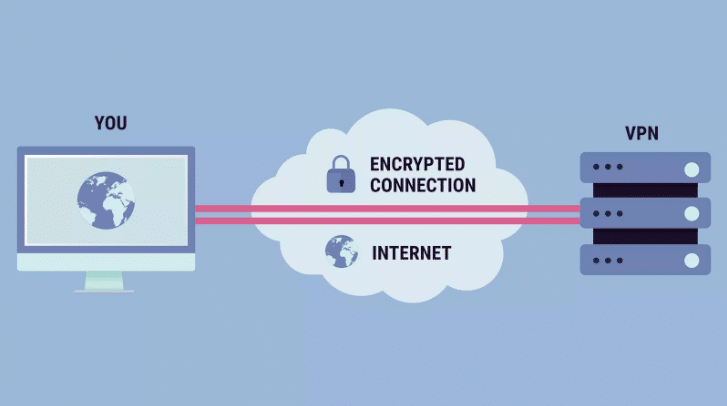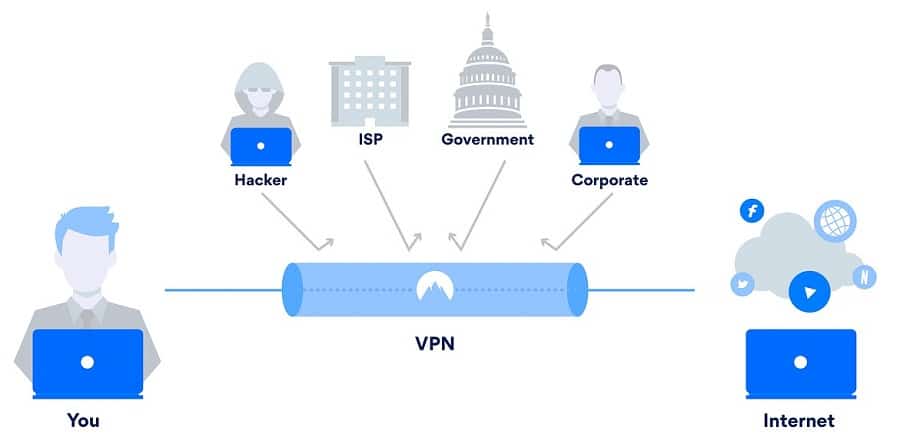What is a VPN and how it works?

You have probably heard of a VPN before, and you have likely used it also. A VPN stands for Virtual Private Network, which basically means it gives you privacy online. Originally, only big businesses and government organizations used VPN services, but nowadays, many internet users use VPN services to secure their data. Nowadays, everyone uses a VPN since it ensures that your location stays private; the data is encrypted while you can surf the internet anonymously.
Today in the world of growing technology, there is no work for which we are not dependent on the Internet. Internet is not only a part of our life these days, in fact, but it is also our life. Without the internet, we feel like nothing exists. But as technology and use of the internet are growing tremendously day by day, it also raises Security’s question. As we do online payments using phones and laptops, we send our personal details to others using social media. Hence, all our phones and laptops contain very sensitive and private information that obviously needs to be protected and secured.
We use the Internet a lot but do not know how does it work. So, let’s look at first how the Internet actually transfers and receive data.
How Internet Works
These days you can access the Internet in several ways. Like in phones, you can use mobile data or any WiFi connection. In laptops or PCs you can use WiFi or lane cables. You may have some modem/router to which your desktop is connected via Ethernet and your laptops and phones through WiFi. Before connecting to the mobile data or modem or WiFi, you are at your local network, but as soon as you connect to any of them, you are at a vast network called the Internet.
Whenever you do something on the Internet like searching for a web page, it first reaches from your local network to phone company or company’s WiFi you are using. From there it heads towards vast network ‘Internet’ and eventually arrives at the webserver. At web server it looks for the web page you have requested and send back the requested web page which flies over the internet and arrives at the phone company and eventually makes it way through modem or mobile data or WiFi (whatever you are using to access the internet) and finally reaches at your computer or phones.
Before sending your request to internet, an address called IP address is attached to it so that when requested web page arrives it should know from where the request was sent and where it has to reach. Now the request we have made travel through the local network, phone company or modem, internet and then finally at the webserver. Hence, our IP address is visible at all these places, and through IP address, anyone can access our location. The web page will also log your IP address due to heavy traffic and temporarily for some time it will be logged there, and here it raises the question of privacy. It can hinder your private data and can look at what you are doing on your systems.
The biggest privacy problem arises with open WiFi. Suppose you are at some restaurant which offers free and open WiFi. Being a desperate internet user, you will immediately connect to it and start using it as much as possible without knowing that most of these free WiFi’s are completely open without any encryption. It is very easy for free WiFi provider to look into your private data and what you are doing. The worst thing is it is also easy for other people connected with the same WiFi hotspot to capture all packets (data or information) send over this network. It makes it very easy for them to pull out all the information regarding your passwords and websites you are accessing. So it is always advised you should not access your sensitive information like banking details, online payments etc. using public open WiFi.
While accessing some sites, one problem arises about that content or site is blocked, and you cannot access it. It can be for an educational reason or political reason or any other reason. For example, Universities provide each student login credentials so that they can access college WiFi. But some sites ( like Lime torrent etc. ), which universities find are not suitable for students, blocked them so that students cannot access them using college WiFi.
So, to solve all these problems, VPN comes into the role.
What is a VPN ??
VPN stands for Virtual Private Network. It creates a safe, secure and encrypted connection to other networks over the less-secure network such as the public Internet. It provides a shield to your local network so that whatever you are doing like browsing websites, accessing sensitive information, etc., will not be visible to other networks. It can also be used to access restricted sites and more.
Initially, VPNs were created to connect business networks and provide business employees inexpensive, safe access to corporate data. Nowadays, VPNs have become very popular. They are used by a large number of people like students, employees, freelancers, and business travellers (who travel in different countries) to access the restricted sites. VPN serves many purposes:
- Protect from leaking of private and sensitive data by providing security
- Helps in accessing blocked and restricted sites
- Protect from being logged by a web server during heavy traffic
- Helps in hiding the true location
Types of VPN
There are several types of VPN:
Remote Access: A Remote Access VPN allows an individual user to connect to a private business network by providing location as a remote location using a computer or laptop connected to the Internet.
Site-to-site: Site to Site VPN allows multiple offices at a fixed location to connect over a public network such as the Internet.
Mobile: Mobile VPN is a network in which mobile devices access a Virtual Private Network (VPN) or intranet while moving from one location to another.
Hardware: Hardware VPN is a single, stand-alone device. Hardware VPNs provide enhanced security in the same way as hardware routers provide for home and small-business computers.
VPNs are not used only from Android. You can use VPN from windows, Linux, Unix and so on.
How Does VPN work?
It would help if you had a VPN provider in your device to use VPN, whether it is a mobile phone or laptop or desktop. Depending on the service provider, you can either set up the VPN manually or use it through any programme/app. Regarding VPN app, there are several choices out there. You can use any VPN app. Once the VPN is set up in your device, you are all set to use it.
Now before using the Internet, connect your VPN. Your device will now make an encrypted connection to the VPN server in the country you will choose. Now your computer or mobile phone will act on the same local network as a VPN.
All the data is encrypted before it reaches to phone company or WiFi provider. Now whatever you do use the internet, all your network traffic before reaching the phone company or modem or WiFi provider reaches a secure VPN network as encrypted data. Now it will arrive at the phone company or modem or WiFi and then finally at the webserver. When looking for an IP address, the webserver gets the IP address of VPN instead of the IP address from where the request was made. In this way, VPN helps in hiding your location. When data comes back, it first reached VPN through phone company or WiFi or modem and then reached to us through a secured and encrypted connection of VPN.
As destination site sees VPN server as the origin and not yours and if someone wants to see what data you are sending, they can only see the encrypted data and not the raw data so that VPN protects from leaking of private data.
The destination site sees the IP address of VPN server only and not yours. So if you want to access some blocked site, you can choose VPN server IP address as it is from somewhere else so that when web server looks for IP address of from where the request is originated, it will not find the IP address block and can easily send the requested data. For example: If you are in a different country and want to access some Indian site like Netflix, which is blocked in other countries. So you can choose your VPN server country like India so that when the Netflix server looks for IP address from where the request originated, it will find the IP address of India and easily send the requested data. In this way, VPN helps in accessing blocked and restricted sites.
There is one more benefit of using a VPN. Some online sites prices vary according to your location. Example: if you are in India, the price of something is different, and if you are in the USA, the same thing is different. So connecting VPN to a country where prices are low helps buy the product at low prices and saves money.
So, it is always advisable to connect to VPN before connecting to public WiFi, or if you want to access blocked sites or do online shopping or any booking.
How a VPN gets access to the blocked websites
Websites are blocked by our Internet Service Providers (ISP’s) or by the network administrators. When a user wants to access a website that the ISP blocks, the ISP does not allow the request to move forward to the server hosting that website. So how a VPN gets through it.
A VPN connects to a Virtual Private Server (VPS), so when the user is requesting a website, the ISP or the router to which we are connected to think that we are requesting to be connected to the VPS which is not blocked. As this is a spoof, the ISP’s allow us access to these VPS and connect to them. These VPS send a request to the server that are hosting these websites, and then these VPS returns the user’s data. In this way, VPN’s get access to any website.
Free VPN vs Paid VPN
If you are going to use a free VPN, you can expect that your privacy will be maintained up to some level, but some compromises will be made. They may be selling your information to a third party or showing irritating and unnecessary ads repeatedly; also, they are logging your activity. Moreover, some unreliable VPN apps are using the information to hack into user privacy.
It is advised to go for paid versions of VPN’s as they are not very costly plus they will provide you with a lot more privacy than the free version would. Also, when using a free VPN, you will get access to a public or used server, and if you go for a VPN service that is paid, you will get a server for yourself, which will lead to a good speed. Some of the best paid VPN’s are Express VPN, Nord VPN, Hotspot Shield and many more. To check out some amazing paid VPN’s and about their monthly and yearly subscription rate, check out this article.
Disadvantages of Using a VPN
- The speed is a big issue when using a VPN.
- The involvement of VPS increases the process length of fetching a webpage and thus decreases the speed.
- VPN connections can drop unexpectedly, and you might keep using the internet without knowing about this.
- The use of VPN is illegal in some countries as they provide anonymity, privacy, and encryption.
- Some online services can detect the presence of a VPN, and they block the VPN users.
VPN’s are great for providing privacy and encryption of your data from anyone interested in viewing your data illegally. One can use them to unblock sites and maintain privacy. However, VPN’s are not needed every time. If you are connected to a public WiFi, it is recommended to use a VPN to protect your information from getting hacked.
Recommended:
I hope this article was helpful, and you get an answer to this question: What is a VPN and how it works? If you still have any questions regarding this guide, please feel free to ask them in the comment’s section.


